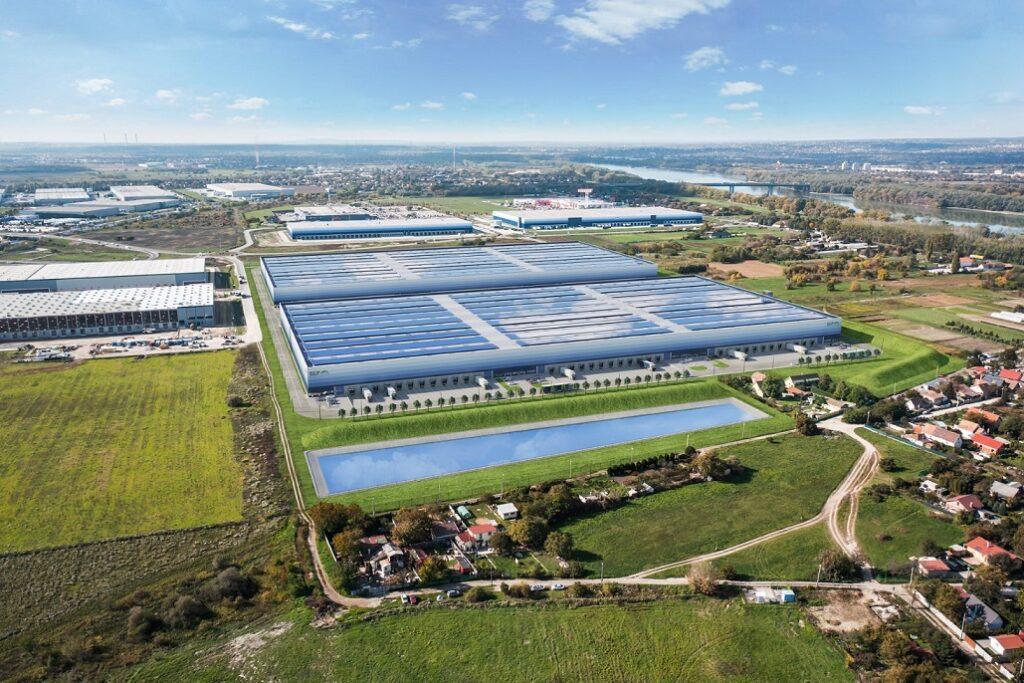Prospects for the real estate market are improving: recovery expected in 2025
Despite the sector’s subdued results this year, the outlook for next year is already encouraging; the market bottomed out in 2024, but a recovery has begun.

In addition to the hotel market, which is developing with unbroken momentum, the forecasts for residential real estate developments, which are still weak today, are also improving with the start of economic growth and the strengthening of the external economy. There is also expansion in the industrial real estate market. The continuous inflow of foreign direct investment indicates strong confidence in the country and reflects favorable investment opportunities in all real estate segments. The supportive government decisions have already led to tangible results in the last quarter and will give a big boost to the new housing market next year – summed up Ernő Takács, president of the Real Estate Developers Roundtable Association (IFK), the largest association of real estate developers in Hungary, at the traditional annual review held on November 20th, the 12th Real Estate Development Day. The stagnation of real estate investments is not a Hungarian phenomenon, investors were also waiting globally. The fourth quarter may be the best quarter in Central Europe since the outbreak of the war in Ukraine, and “we can also get on the train next year” – said the president of the IFK. He predicts the year 2025 as a year of market recovery and increasing investments, highlighting that the future of the sector can be built on strategic industrial developments and the revival of the housing market.
Ernő Takács explained: in the recession year of 2023, the market performance remained subdued as expected, and according to data from the world’s leading real estate consulting company, CBRE, investment turnover in 2024 may be around 400 million euros. However, significant developments are in preparation or in the initial phase, so next year the market could double this year, expanding to up to 800 million euros, and a significant rebound is expected by 2026. Hungary’s location and infrastructure are almost perfect for industrial developments, but investments have been hampered by the slower-than-expected economic recovery from the recessionary shock caused by the war in Ukraine, the energy crisis and high inflation. The recovery is more challenging than previously expected, primarily due to the weakness of foreign markets, especially the automotive industry, and the decline in demand for electric cars. However, the outlook in the medium and long term is favorable, with demand for electric cars already picking up in the fourth quarter, foreign markets are gaining strength, so the Hungarian outlook is clearly improving. So far, domestic consumption has not driven the expansion, but the start of economic growth, falling inflation, real wage growth, and government decisions supporting consumption could lead to spectacular results from the last quarter.
Related news
Investment appetite among large Hungarian companies remains stable
🎧 Hallgasd a cikket: Lejátszás Szünet Folytatás Leállítás Nyelv: Auto…
Read more >IFK: a new growth cycle has begun in real estate development
🎧 Hallgasd a cikket: Lejátszás Szünet Folytatás Leállítás Nyelv: Auto…
Read more >Related news
The Hungarian Food Book is 50 years old
🎧 Hallgasd a cikket: Lejátszás Szünet Folytatás Leállítás Nyelv: Auto…
Read more >NKFH: inspections focus on discount prices and customer deception
🎧 Hallgasd a cikket: Lejátszás Szünet Folytatás Leállítás Nyelv: Auto…
Read more >







